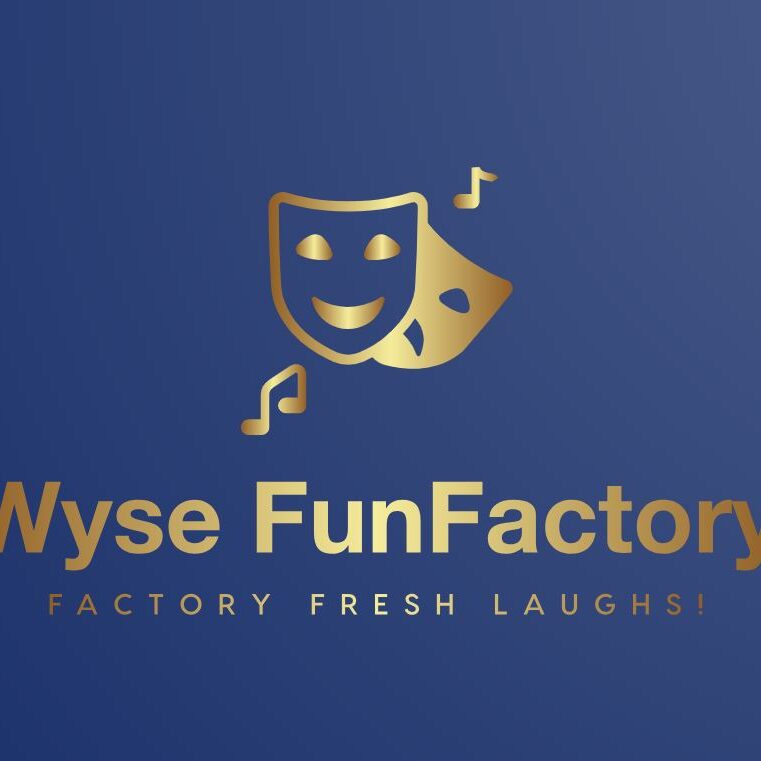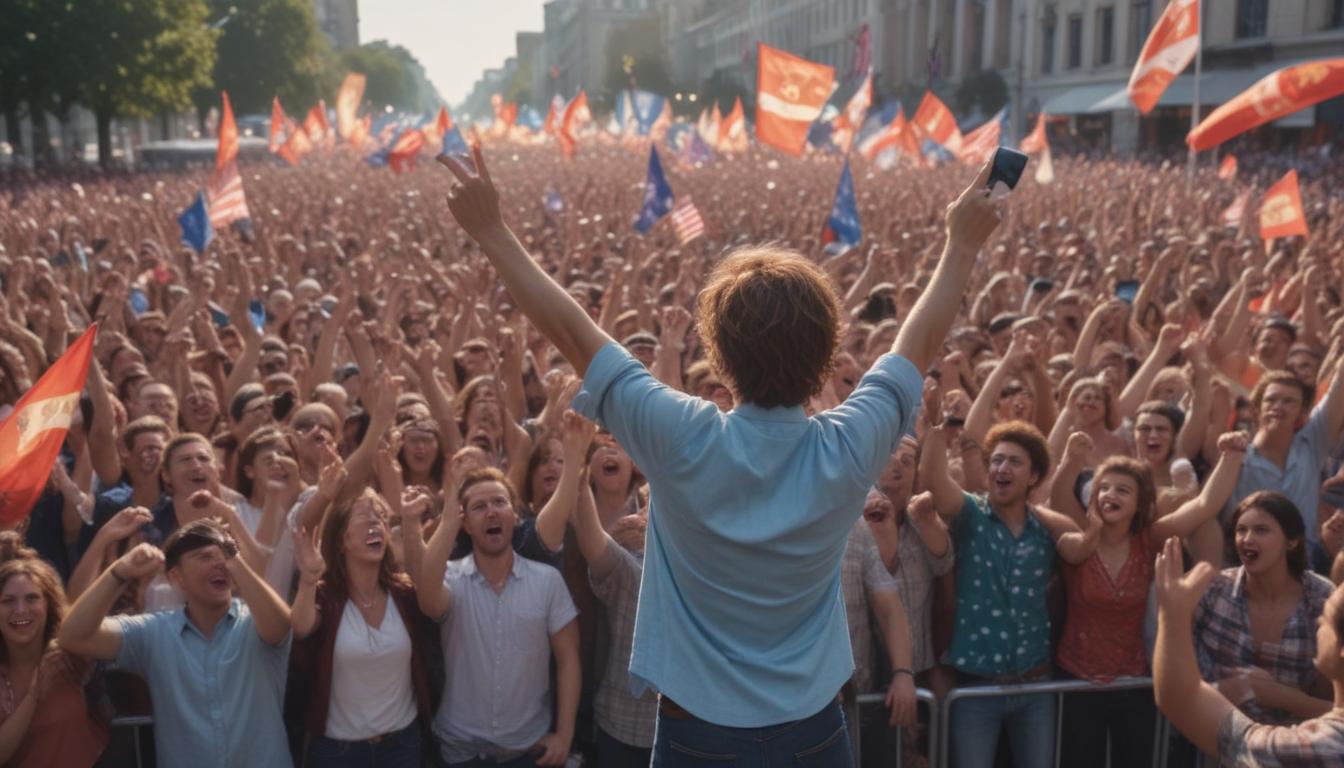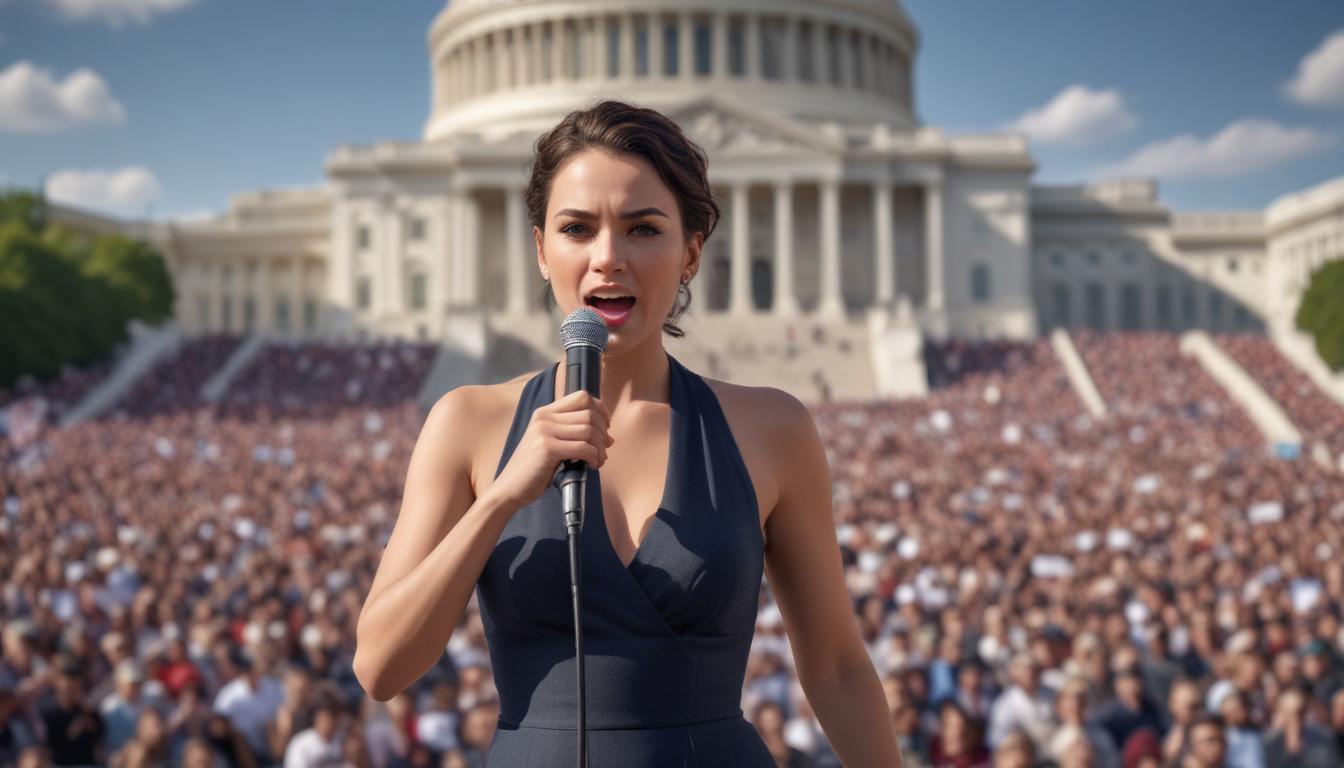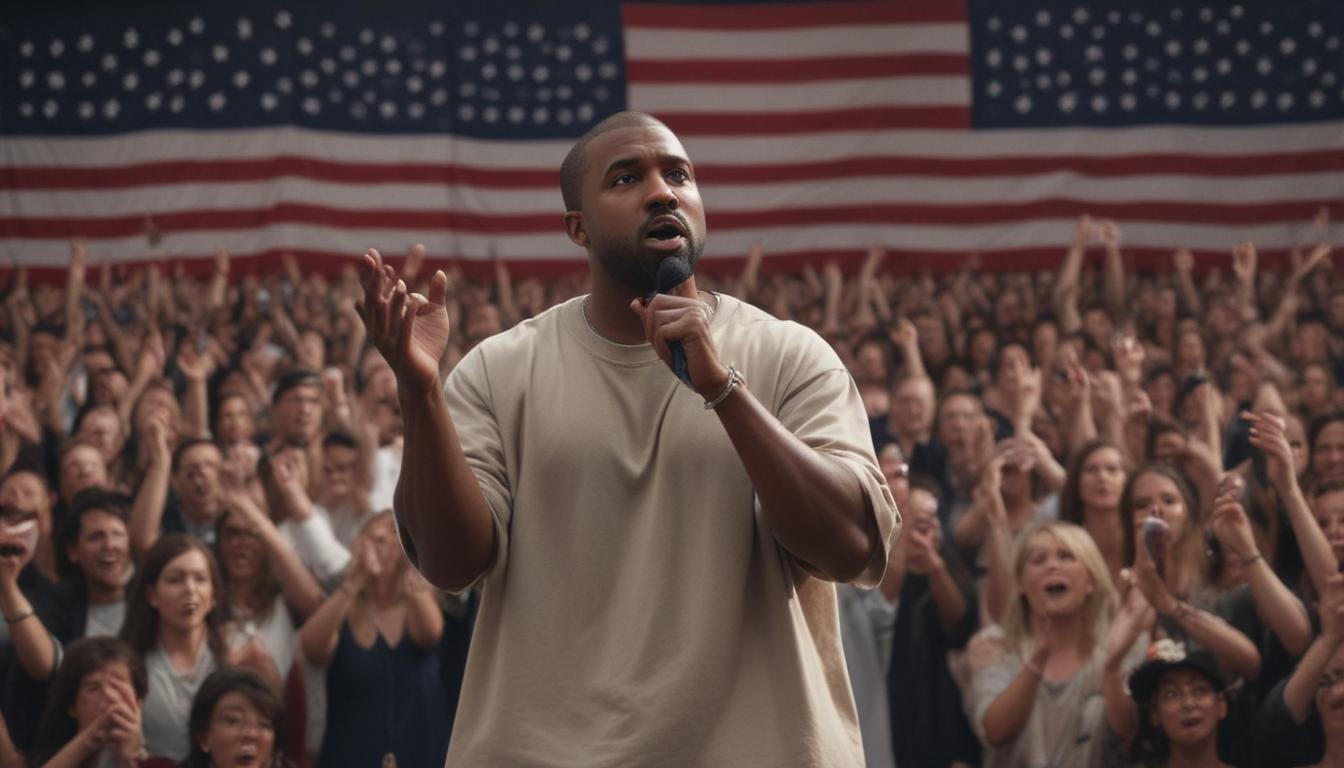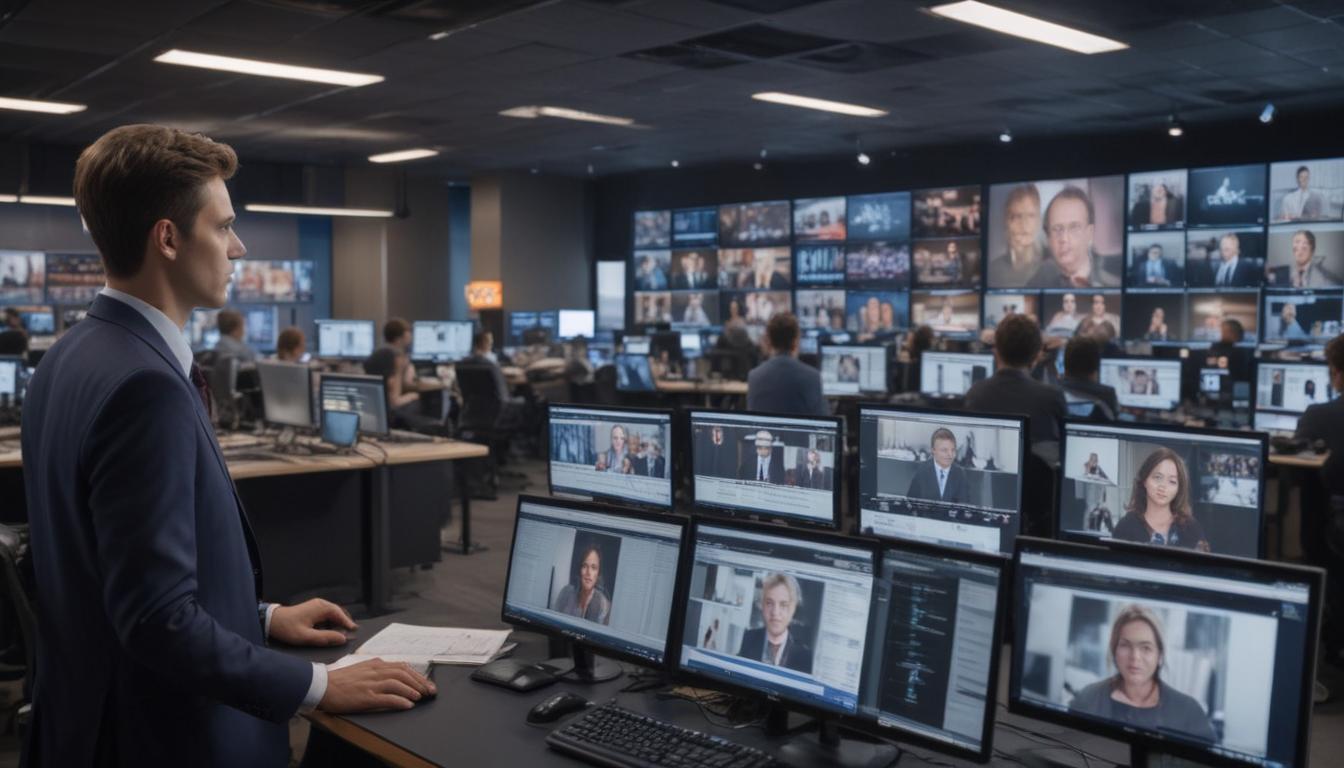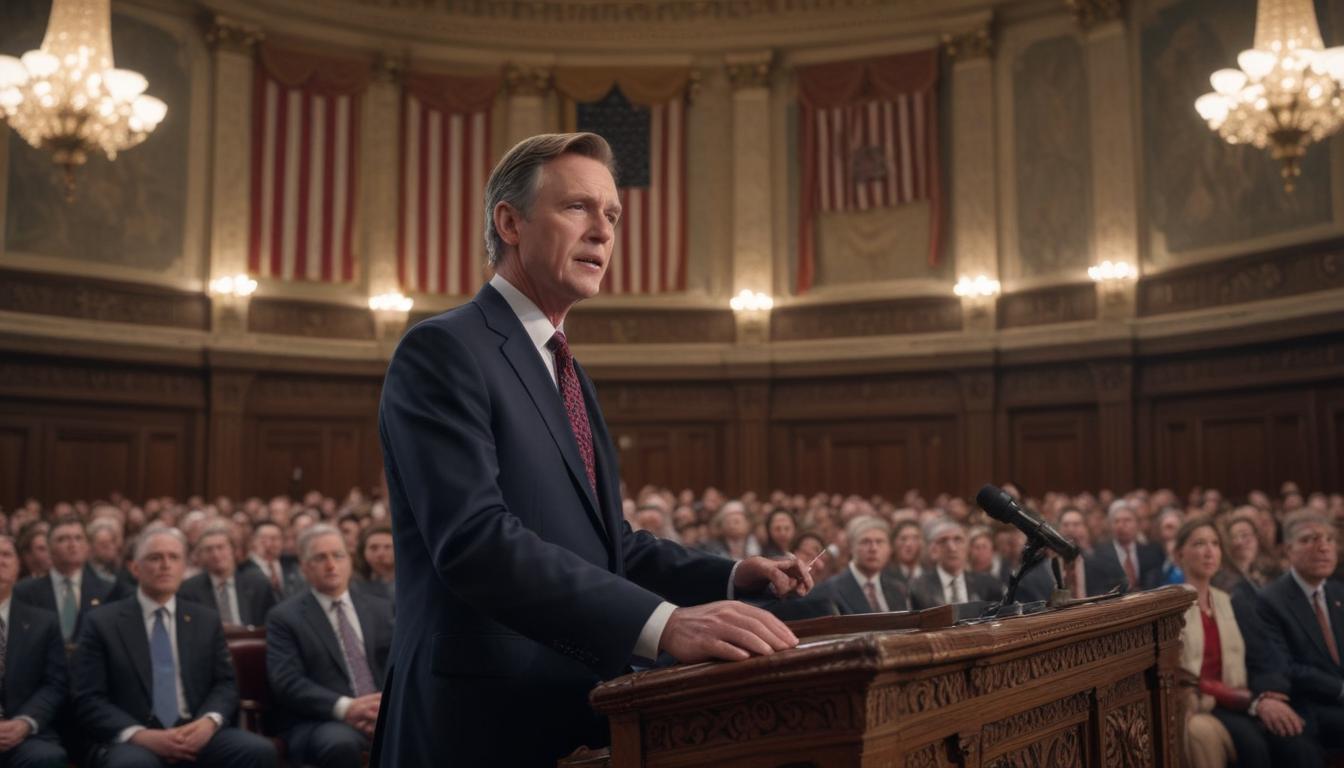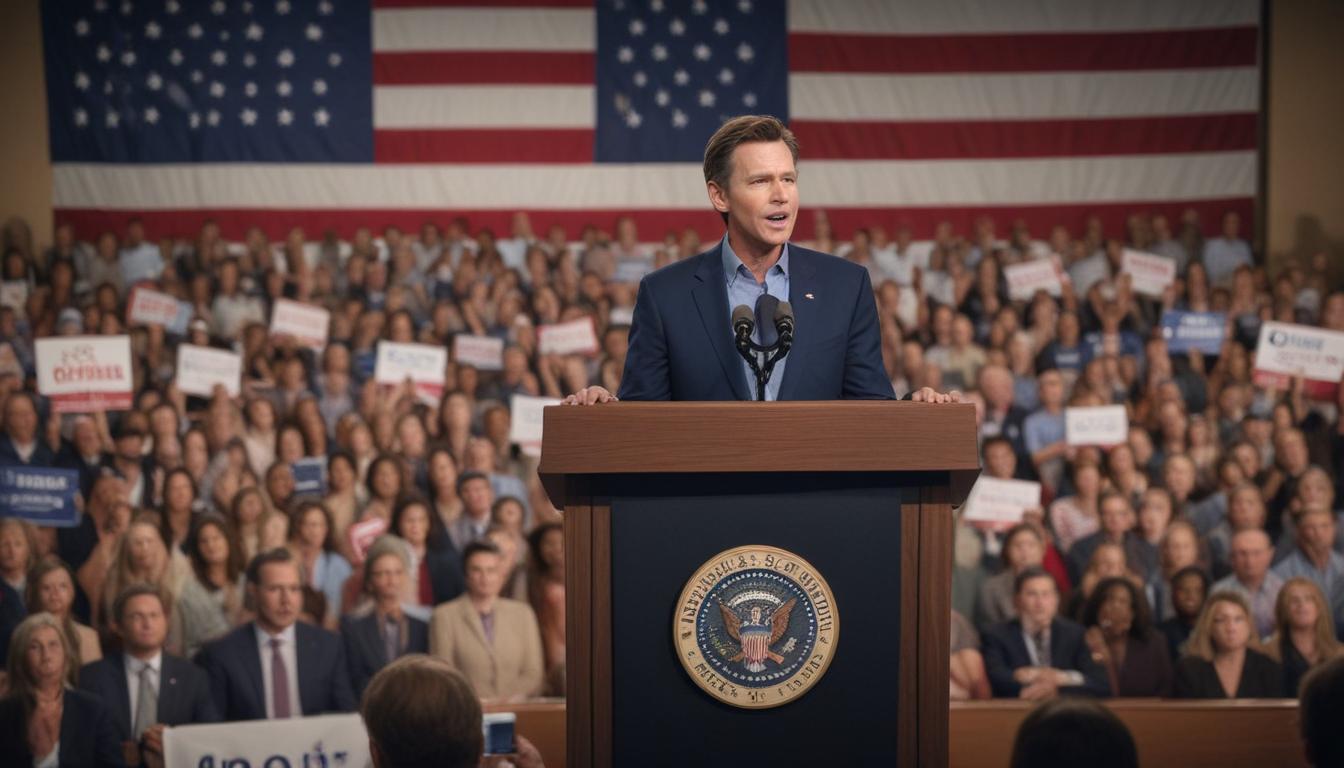When Politics Meets Entertainment: The Blurred Lines in America’s Cultural Landscape
The Evolution of Politics and Entertainment
The boundary between entertainment and politics in the United States has become increasingly obscure, creating a dynamic and influential cultural intersection. Celebrities endorse policies, politicians entertain voters, and satire drives public discourse, transforming traditional notions of governance and media influence. This phenomenon isn’t just fascinating—it’s reshaping the way we understand and engage with our democracy.
Celebrity Influence on Political Narratives
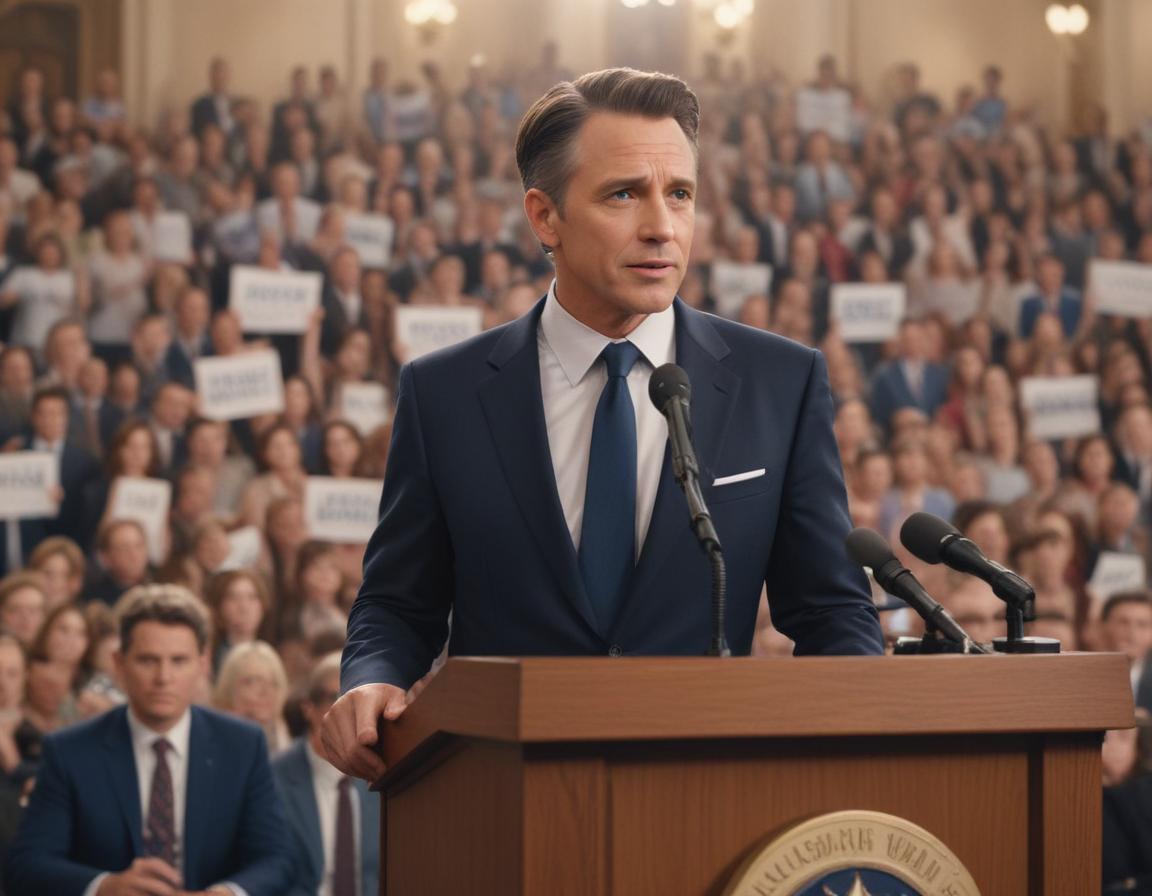
In today’s America, the role of celebrities has transcended beyond the screen or stage. Now, they channel their influence into political arenas, advocating for societal change, endorsing candidates, and even hosting fundraising events for campaigns.
These influential figures attract followers who resonate deeply with their messaging, often achieving more impactful political activism than traditional outreach methods. It’s no surprise that politicians leverage these dynamics, borrowing entertainment marketing tactics like catchy slogans, viral campaigns, and digital ads to connect with present-day audiences.
From shining a spotlight on key issues to humanizing complex policies, celebrities have become crucial allies in pushing political narratives into mainstream attention. As highlighted in a referenced video, media-savvy entertainers are now directly influencing elections and helping shift public opinion, showing just how powerful their platforms have become.
The Rise of Political Satire and Comedy
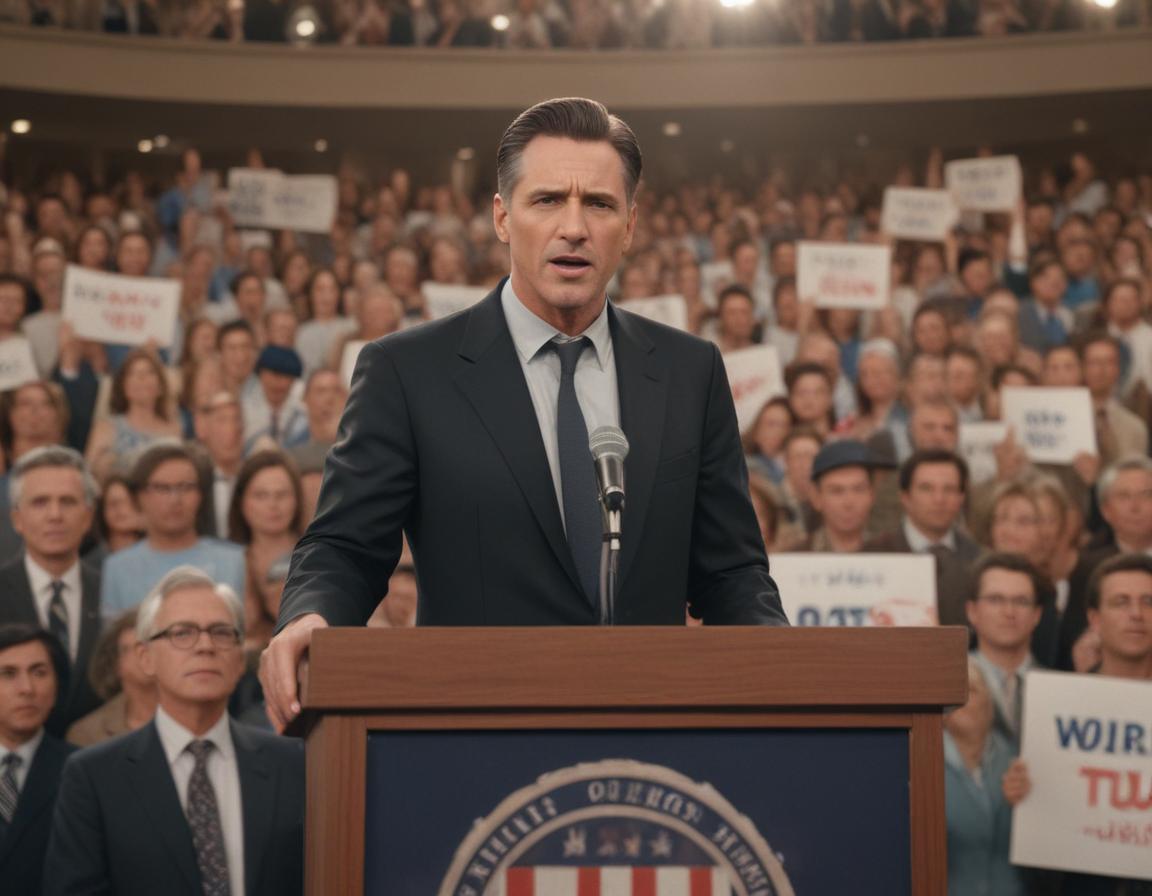
“Laughter is the best medicine,” but in America, it’s also becoming one of the sharpest tools for political engagement. Shows like late-night talk programs or online satire channels have mastered the art of making politics interesting without overwhelming audiences. By blending humor with sharp critiques, they simplify complex issues, exposing hypocrisies and calling out policy flaws in a digestible way.
For audiences who rarely engage with traditional news, satirical commentary is often their gateway to understanding politics. These programs not only entertain but also inspire viewers to question authority and challenge societal norms. The fine line between provoking awareness and staying neutral is carefully walked by comedians who understand what resonates without alienating viewers.
As observed in expert analyses, satire’s lasting power lies in its ability to bridge the knowledge gap while making difficult discussions less intimidating. Truly, this form of comedy is doing far more than getting laughs—it’s empowering modern voters one joke at a time.
The Impact on Political Campaigning and Voter Engagement
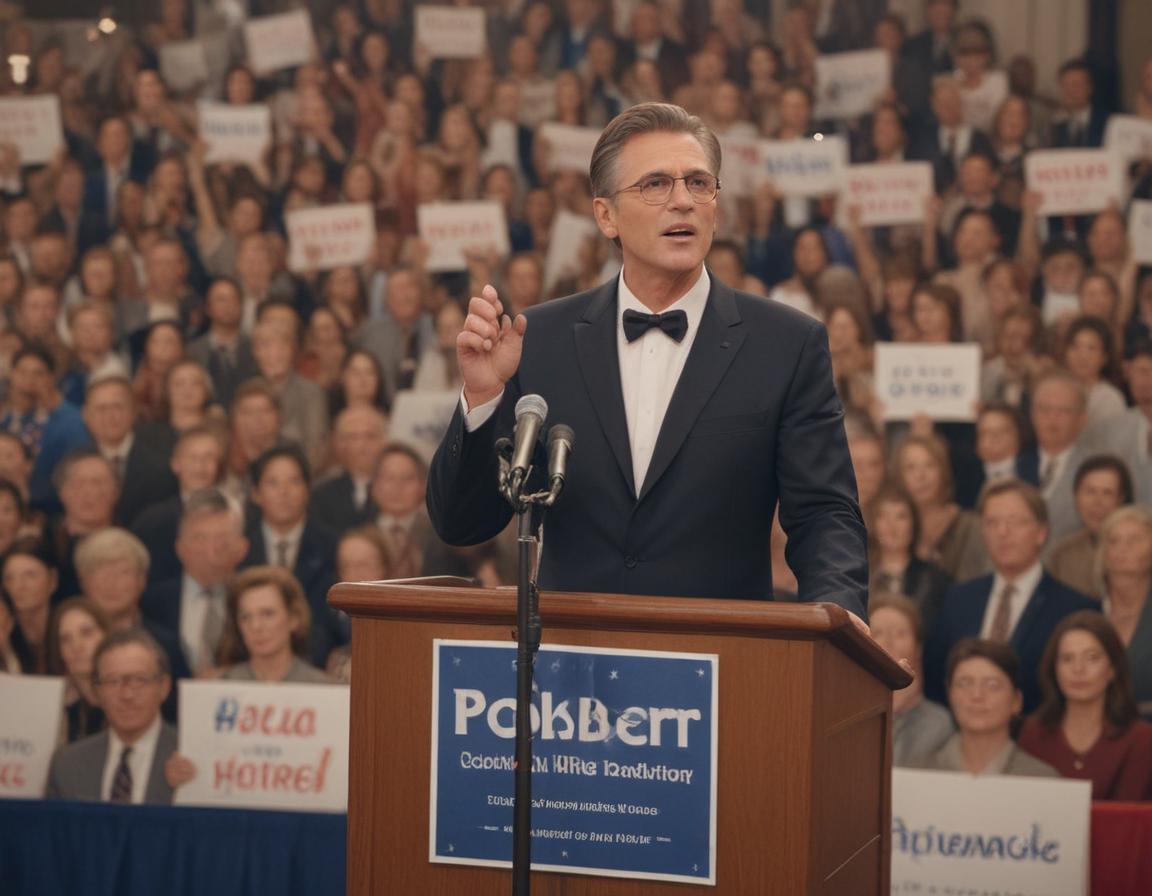
In today’s media-driven landscape, political campaigns and events are starting to look more like blockbuster productions than policy-driven gatherings. Rallies mimic music festivals, complete with bright lights, massive screens, and highly emotional speeches. Similarly, campaign advertisements take inspiration from movie trailers—designed to captivate and energize audiences at first glance.
With social media providing the perfect amplifier, influencers and viral trends now play a central role in grassroots political action. Politicians embracing these tools find innovative ways to reach younger demographics, fostering active participation from citizens who wouldn’t traditionally vote.
However, this shift isn’t without its pitfalls. The theatricalization of politics can sometimes prioritize optics over substance. Spectacular moments overshadow meaningful debate, potentially distracting from competence and real-world impact. It’s an ongoing balancing act between creating memorable engagements while still fostering focused, sincere dialogue on critical issues.
Looking Ahead: Navigating the Blurred Lines
The intersection of entertainment and politics is reshaping America’s cultural landscape—sometimes for better, sometimes for worse. While the synergy between these two realms is powerful, it raises significant questions for American democracy:
- How will this blurred line impact voters’ ability to make informed decisions?
- Will meaningful policy discussions take a backseat to entertainment-driven campaigns?
- Can satire and celebrity presence maintain authenticity and genuine engagement?
These are questions worth pondering as voters and leaders alike navigate this rapidly evolving dynamic.
Final Thoughts
The fusion of entertainment and politics in America has undoubtedly changed the game. What used to be distinct areas of culture now coexist, offering new opportunities for voter engagement, awareness, and discourse. At the same time, this crossover demands care, ensuring democracy doesn’t turn into a mere spectacle.
As a reader, reflect on this intersection—what excites you, and what makes you wary? Share this blog with friends to spark meaningful discussions. Who knows? Perhaps becoming more aware of this blend is the first step in understanding today’s political landscape more critically.
“`
